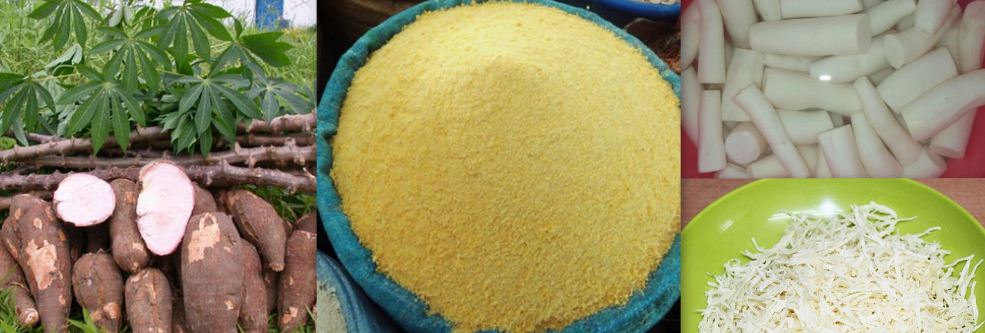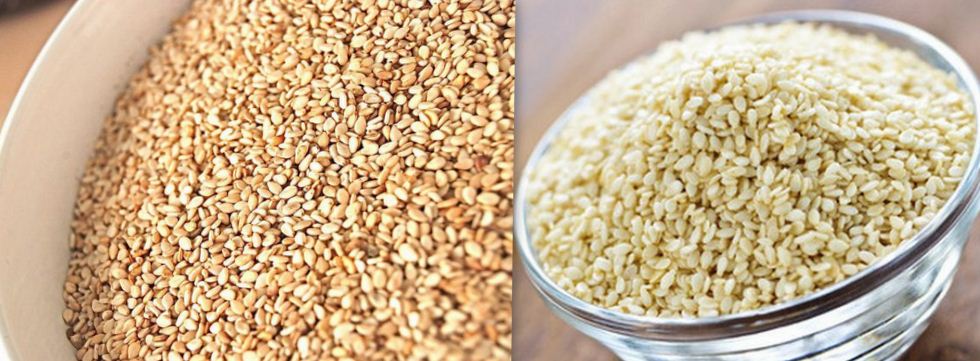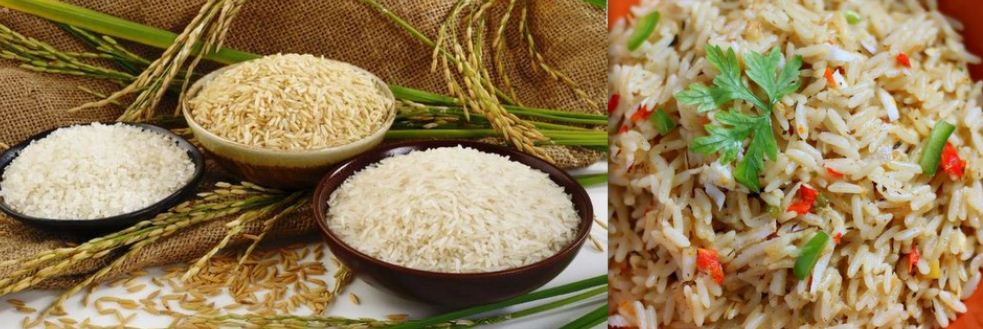Health Benefits Of Processed Cassava - Garri

Garri adds a lot of health benefits to human health which is not just limited to giving energy to the body. There are some other important nutrition it contains that surprisingly adds benefits to health and lifestyle which many people may never have come across.
Garri has many nutritional contents. The minerals and vitamins contained in garri and other cassava derivatives like flour, Abacha, etc., are not limited to iron, manganese, calcium, sodium, magnesium, thiamin, copper, ascorbic acid, zinc, vitamin A and potassium. It also contains dietary fiber, protein, lipids, and more.
In this writing, we have compiled some of these health benefits which are listed below;
The Health Benefits of Garri:
1. Aids in Digestion
Garri is rich in high fibre content which helps in digestive health. Garri can be soaked in cold water with milk to make it creamy, and when consumed the fibre content in it helps to make one fuller, helps in quick digestion and sustains one from hunger for some time, and also eliminates the chances of constipation.
- Fibre content in garri helps in weight loss as it reduces appetite and as well reduces the chances of other health conditions such as heart and other cardiovascular diseases, cancer and diabetes.
But in as much as the fibre is good for the digestive system, taking too much of it can cause stomach cramps or bloat.
- Cassava contains starch which is known as resistant starch because it doesn’t get absorbed fully in the digestive system, it is beneficial to the body because it helps in removing some of the particles of cholesterol present in the system after it gets attached to them thereby acting like a soluble fibre.
Because of this, eating of garri helps in the reduction of glucose in the blood.
2. Improves Immune System
The contents of most of the minerals and vitamins in garri might be low but it is also a good source for other minerals it contains such as copper and magnesium which help in keeping the immune system healthy.
These minerals also play a vital role as it contributes to the maintenance of healthy bones, nerves and the immune systems.
Some people may not know that while consuming food that has good amount of copper that they are maintaining healthy and functioning nervous system and on the other hand lower the risk of getting osteoporosis.
3. Promote Eye health
Garri also contains the compound known as bakarotennya, this compound helps to prevent blindness. The presence of an important vitamin (vitamin A) in garri helps in the prevention of poor sight as well, as far as it is consumed in moderation.
Most importantly the garri has to be processed well to avoid eye problems which are caused by the cynanide present in not-to-well processed garri especially and when consumed in large quantity and can also irritate the intestinal bowels leading to or worsen the case of ulcer because of its acidic nature.
4. Energizes & Cools The Body
It has been noted from researches that Garri has 360 calories of which 99% is Carbohydrate. It is actually the number of calories in food that measures the unit of energy contained in that food.
Soaked garri known as "garium sulphate" in English provides a certain amount of energy as mentioned above which the human body needs to maintain daily health and life. It also provides a good cooling effect on the body in hot weather when soaked in cold water with milk.
The nutrients in it and the combination of milk in cold water makes it creamy and chill the whole body after consumption. Garri in this form energizes the body quickly and makes the system relax in a calm way.
5. Prevents Cancer
This might have never been heard of by many people and therefore it may seem too difficult to believe, but this is just a fact you have to note down from reading this article.
Experiments have shown that the presence of B17 vitamin (Amygdalin) and fibre in garri help to stimulate the red blood cell and prevent the stomach from cancerous diseases.
6. Reduce Age-Related Illness
Studies have shown that one cup of garri contains up to 15% of folate that the body requires in a day as well as 47% of the body's calcium requirement.
Folate has an integral role to play in pregnant women in the aspect of fetal development and helps reduce the risk of age-related macular degeneration. That is helping to minimize age-related illnesses that progress faster in the human body and may cause the loss of sight.
7. It's Gluten-Free
Garri is a gluten-free food because it does not contain the combination of proteins found in wheat and related other grain foods.
Therefore, garri can be eaten by people with celiac disease (affects the intestine) or those who are sensitive to gluten. Foods that contain gluten irritate their guts and in most cases damage their small intestine.
Nutritional values of Garri (cassava flakes)
|
Fibres |
48 g |
|
Protein |
1.1 g |
|
Fat |
1g |
|
Kilocalories |
330 |
|
Carbohydrate |
80 g |
|
Calcium |
40 mg |
|
Iron |
1.5 mg |
|
Cholesterol |
0 mg |
|
Sodium (Na) |
0 mg |
Know more about Garri:
Garri is one of the popular foods which predominately originated from the processing of Cassava which is one of the main sources of carbohydrate and a staple food too as it is widely grown and has a lot of its derivatives which serve a larger purpose in both industrial food processing and commercial use.
Just as garri (cassava flakes) can be gotten from cassava, there are also other food products that can be processed from it such as Fufu (Akpu or Santana), it can as well be processed into Bobozee (commonly known as Abacha Mmiri) and chips for snacks.
Soaking garri is a very nice way of making instant cereal which most Nigerian do today. I have heard people say that "soaking garri used to blind eyes" soaking garri can be nutritious as it is a veritable source of energy and there has never been proof that someone got blind by drinking of soaked garri.
Side Effects
- Even though cassava and its derivatives like garri can cause more harm than good especially when taken too much, it is also good to know that its nutritional values are of benefit to the body as well when taken in moderate conditions.
- Garri which is gotten from cassava contains cyanide which can lead to mild or harmful eye problems when consumed in excess and can also irritate the intestinal bowels leading to or worsen the case of the ulcer because of its acidic.
- Carbohydrate is the chief nutrient in cassava and its derivatives, it is also the main source of energy which is converted into glucose and then glycogen in the body, but the intake of too many carbohydrates is much likely going to lead to weight gain and might trigger health conditions related to obesity.
- The contents of most of the minerals and vitamins in cassava might be low but it is also a good source for other minerals it contains such as potassium and vitamin A. Minerals and vitamins are good for the body as it aids the body tissues to develop and function well.
Conclusion:
Garri offers many health benefits such as helping in food digestion, improving the immune system, promoting eyesight, energizing and helping to cool to the body especially when soaked in water, cancer prevention and reducing age-related illness.
The major advantages of eating garri include that is loads the body with lots of fibre and starch which adds to the dose of protein and vitamin contents.
It is a very important food crop as it serves various food purposes, it has nutritional values which are great for body and the general health especially when it is processed well, though it is believed that too much processing of cassava especially when it comes to garri can reduce some of the nutrients it has or can be lost entirely in the processes of frying.




